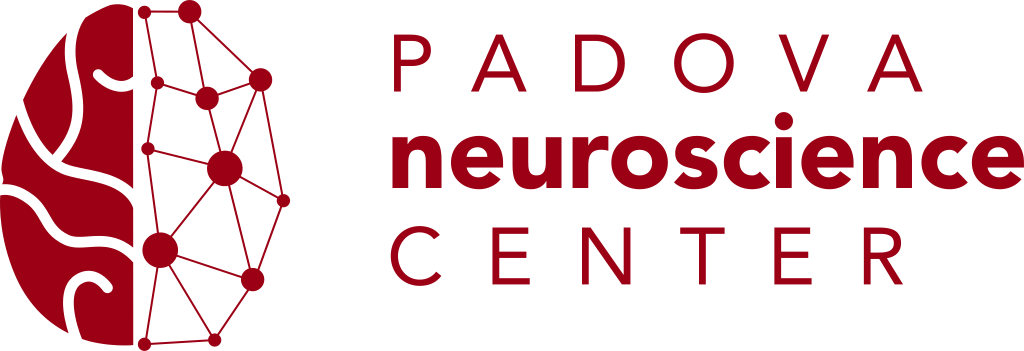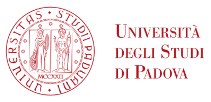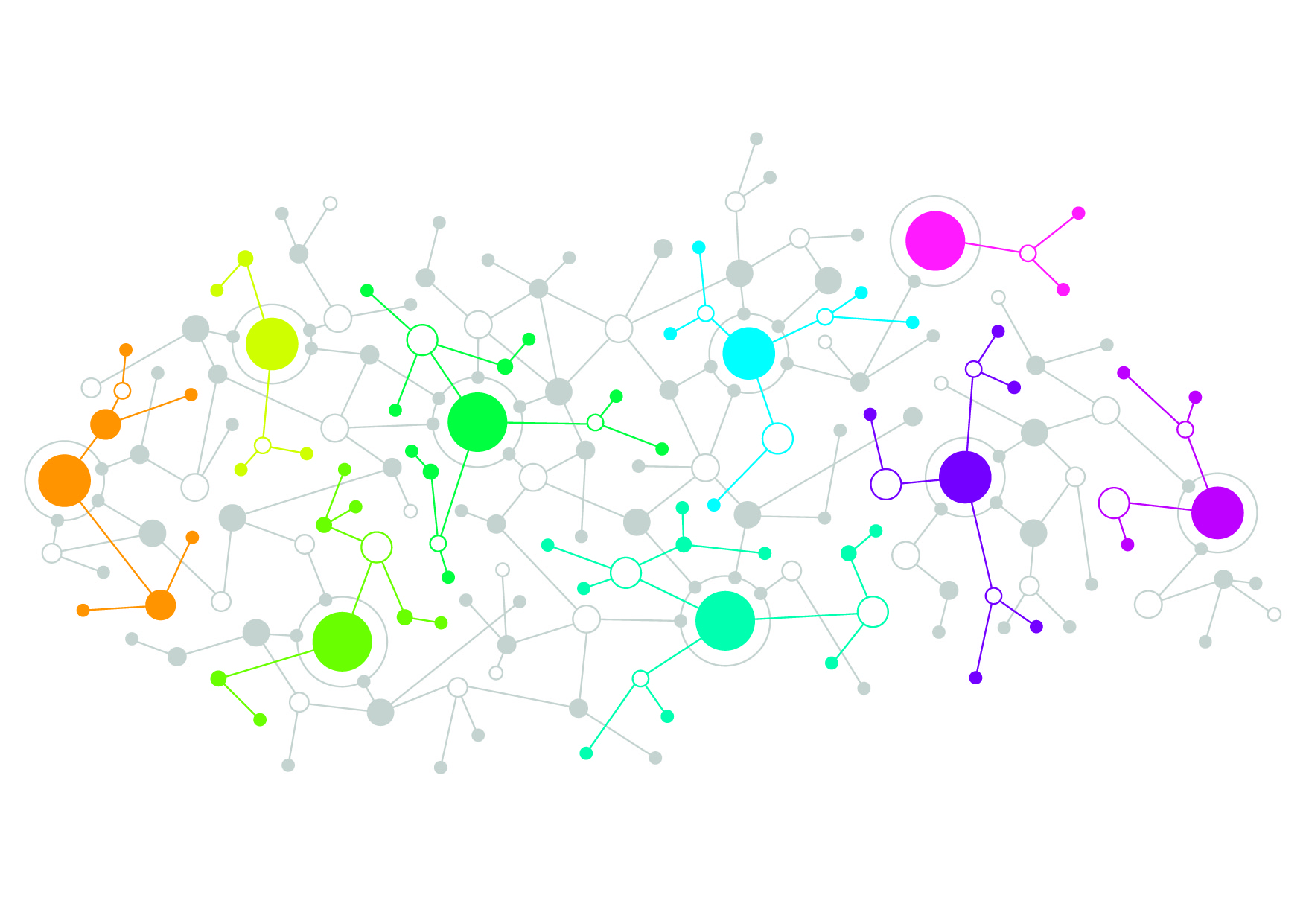Title of the Project
“Generazione di Atlanti Normativi da Dati Multicentrici e Multimodali Acquisiti in Soggetti Sani” (in English: “Generation of Normative Atlases from Multicentric and Multimodal Data Acquired in Healthy Subjects”), Research Supervisor Prof. Alessandra Bertoldo
Purpose of the Research Grant
The purpose of this Research Grant, which is funded by the European Union in the framework of the Horizon Europe project “EBRAINS 2.0: A Research Infrastructure to Advance Neuroscience and Brain Health”, Principal Investigator Prof. Maurizio Corbetta, is to grant research into:
The project involves the generation of foundational normative atlas by acquiring advanced imaging data from a large, diverse multicentric healthy cohort. The dataset will include structural MRI, resting state fMRI, multi-shell DWI, high-density EEG, and dynamic 18F-FDG PET, providing comprehensive insights into brain anatomy, functional connectivity, white matter fiber orientations, neural electrical activity, and glucose metabolism. The acquired data will be employed to extract relevant imaging features, covering structural, functional, connectivity, activity, and metabolic aspects of the brain. Three main extraction approaches will be used: voxel-based, region-based, and connectivity-based features. Rigorous validation and quality assurance procedures will ensure the accuracy and reliability of the features. Once validated, the curated imaging features will be made available on an open-access platform to promote collaboration and advance understanding of brain function and neurological disorders.
Activity: The research fellow will share responsibilities with other researchers hired in Padua for the same EU project, including the acquisition, anonymization, pre-processing, processing, and integration of neuroimaging and simultaneously acquired HD-EEG signals on the Biograph mMR Siemens hybrid system. They will also take care of cognitive tests and clinical characteristics as part of their shared activities. The research fellow will collaborate on the voxel-level quantification of parameters from dynamic PET images obtained with [18F]FDG and on the parameters of diffusion models at both the single-subject and group levels. Additionally, they will actively collaborate closely with external collaborators, including neurologists, neuroscientists, and physicists.
Profile: The ideal candidate should have a basic experience in neuroimaging analysis and, preferably, training in bioengineering and/or applied mathematics/physics and related fields. They must have knowledge of basic and advanced analysis techniques used in neuroscience (e.g., multivariate approaches, machine learning, graph theory, etc.). Analytical/mathematical skills are required. Programming and scripting skills (Python, Matlab, Bash) are not mandatory but are a clear advantage. Furthermore, the candidate must be highly motivated and creative, with the ability to work in a dynamic and multidisciplinary research environment and be willing to interact with both experimental and theoretical neuroscientists.
Deadline for submitting applications
2 August 2024 at 1:00 pm CEST
Guidelines for Submitting Applications
Decree of Acts Approval and Ranking


